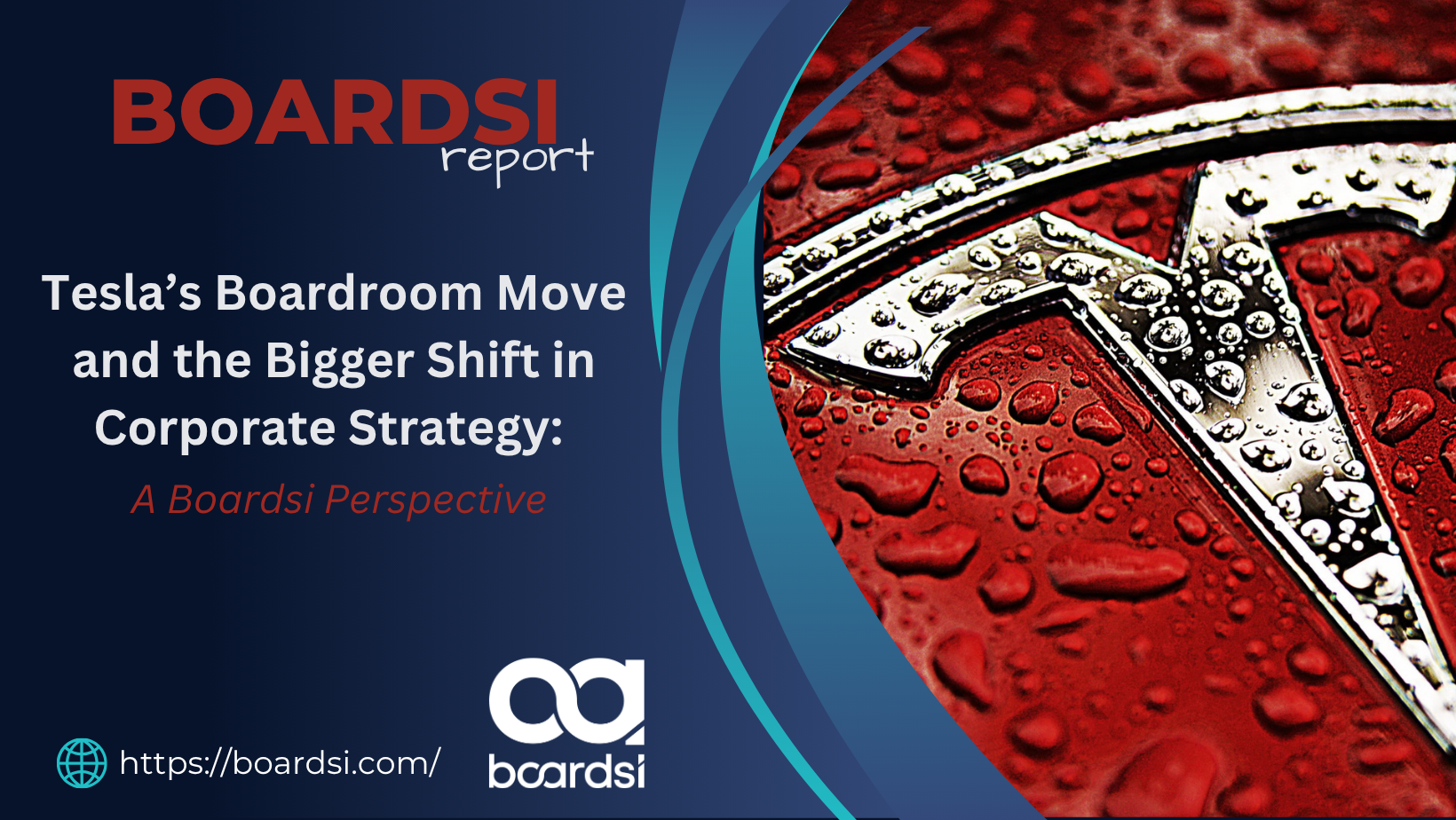Leadership today demands more than just reacting to challenges — it requires proactively anticipating change, staying agile and fostering environments where innovation thrives.
By Martin Rowinski Edited by Chelsea Brown
The future seems more uncertain than ever before as we enter the year 2025, with all its potential difficulties and rewards. Global economic upheavals and technological revolutions have presented leaders with unprecedented disruptions in recent years. These difficulties have made us reevaluate resilience and leadership in light of the new requirements for guiding enterprises to long-term success.
These days, being a leader isn’t merely about being reactive; it’s also about being proactive in anticipating what’s to come, being nimble when necessary and creating a space where new ideas may flourish. The foundation of firms that succeed in this dynamic market will be resilient leadership teams.
Leadership lessons from 2024: A reflection
This last year has been all about learning to roll with the punches. We’ve seen companies struggle with things like rapid technological advancement, shifting labor demographics and economic uncertainty. Instead of just responding to these issues, successful leaders saw them as chances to innovate and advance.
Resilient leadership teams are the differentiating factor, regardless of the size of the company. These groups worked on improving communication, incorporating other points of view and coordinating their efforts with the big picture while maintaining some degree of short-term adaptability.
Looking back at 2024 should help us navigate the future. To be resilient is not merely a buzzword; it is an absolute need. Resilience is the capacity to recover quickly from setbacks, change course when necessary and keep one’s focus unclouded by uncertainty.
Prioritizing agenda items for 2025
Resilience, alignment and innovation will be the three defining characteristics of leadership in the year 2025. Now we can dissect them:
1. Building resilience: Achieving core strength
The leaders are the ones who must be resilient. The leadership team needs to be ready to face uncertainty head-on with clarity and assurance. Resilience building entails:
- Improving emotional intelligence (EQ): Empathetic leaders build trust, communicate clearly and motivate their staff even when things get tough.
- Putting money into leadership development: To keep leaders sharp and flexible, invest in their ongoing training and mentorship.
- Encouraging a sense of psychological safety: When team members are comfortable enough to speak their minds, question established norms and take criticism in stride, everyone benefits.
2. Leading with purpose: Alignment
If all of the leaders, teams and departments are in sync, then everything will be running well. For firms dealing with fast change in 2025, strategic alignment is going to be crucial. Some important approaches are:
- Everyone in a leadership position should know exactly what they are responsible for and how they fit into the bigger picture.
- Improving communication: Keeping everyone informed and on the same page is achieved by frequent check-ins, open and honest updates and collaboration across different functions.
- Making use of board knowledge: Advisors and boards provide valuable outside views and strategic supervision, which are essential for keeping everyone on the same page.
3. Creativity: Capitalizing on chances
Innovation is the driving force behind progress, and leadership teams will need to be imaginative and proactive in 2025. In order to succeed, businesses must do the following:
- To maintain a competitive edge, leaders must embrace technology and learn to use it. This includes artificial intelligence (AI), automation and data analytics.
- Promote an environment of risk-taking: Motivate your team to try new things, make mistakes and ultimately succeed.
- Put diversity of thought first: Leadership teams with a wide range of backgrounds and experiences are more likely to generate novel solutions to problems and better overall decisions.
Related: How to Build a Leadership Team That Inspires, Empowers, and Delivers Results
In 2025, what will boards do?
In today’s complicated business environment, boards and advisory teams are going to be more important than ever. In addition to providing supervision, a strong board may be a strategic asset that propels innovation and resilience.
Board members who question established wisdom motivate their companies to push the boundaries of innovation and change.
- Boost reputation: Everyone from investors to workers may put their faith in a board that is well-rounded.
- Support leadership with resilience: In times of uncertainty, advisors who have been through crises and led change can be a useful resource.
Realistic objectives for strengthening resilience in 2025
Take a fresh look at your executive team: Weigh the pros and cons of your current leadership setup. Find out what needs further knowledge or new viewpoints.
Make an investment in talent development by providing opportunities for training and development that enable leaders to develop and adjust.
Involve your board: Ask your board members for their professional opinions so you can improve your plan, find new chances and overcome obstacles.
Inspire leaders to have a growth mindset by telling them to be open to new experiences, take criticism well and think creatively about problems.
The year 2025 is full of opportunities. It’s a time to reflect on what has been, seize what is available and be ready to face what lies ahead. This success is founded upon strong leadership, and the organizations of the future will be shaped by leaders who are resilient, aligned and innovative.
Going ahead, let’s make it a priority to assemble leadership teams that can handle complexity, change quickly and motivate others around them. If we work together, 2025 can be a year of breakthroughs, improvements and expansion.
The ability to thrive in the face of adversity is a hallmark of resilient leaders.









